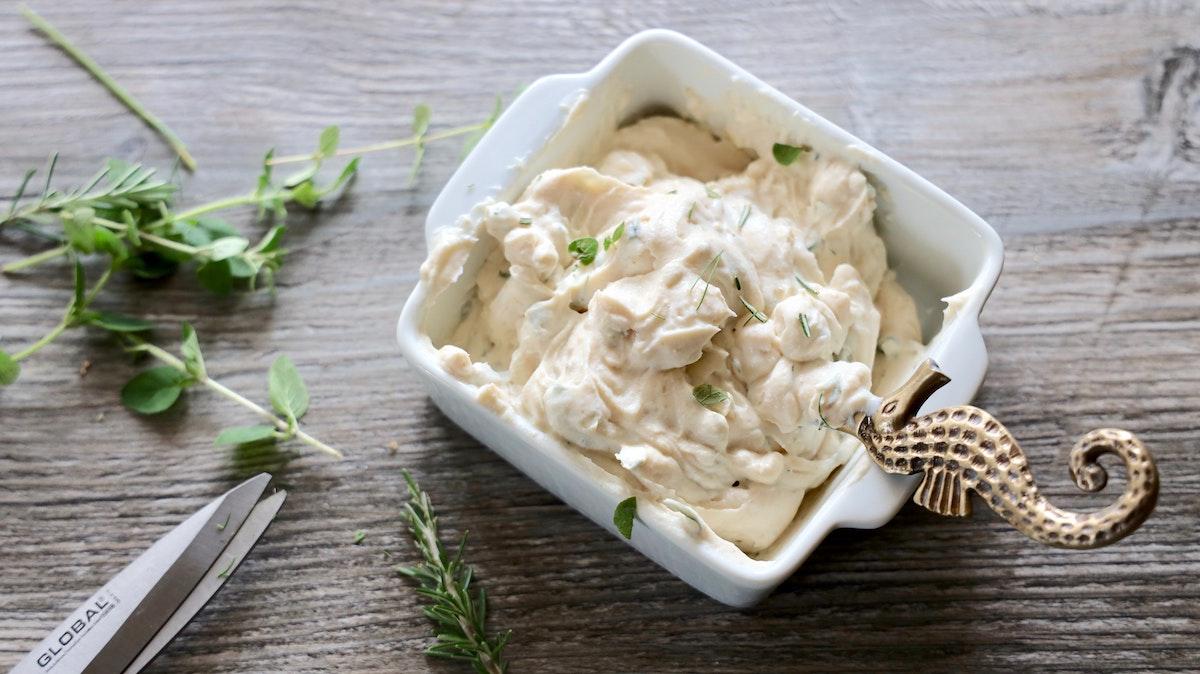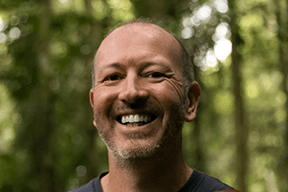
In this article, our expert Dr Tony Boutagy – reviews Gut-microbiota-targeted diets modulate human immune status by Wastyk et al. 2021, and breaks it down to give us the vital parts we need to know.
1) What was the high-level summary of the research?
The microbial cells that live in the human gut are collectively called the gut microbiota or microbiome. These cell colonies significantly affect our metabolic and immune health and we know that diet plays a major driving factor in the composition and function of these microbiota.
This study found that a diet rich in fermented foods (things like sauerkraut, cottage cheese, kombucha, miso and kimchi) enhances the diversity of these gut cells and decreases several markers of inflammation, which are linked to increased risk of chronic disease.
This is the first study to show that we can boost the diversity in these cells and lower certain markers of inflammation by eating a diet rich in fermented foods.
2) How was the study undertaken and what did it try to measure?
This was a clinical trial of 36 healthy adults who were randomly assigned to a 10-week diet that included either fermented or high-fibre foods. The two diets were analysed to examine the potential for different effects on the gut microbiome and the immune system.
3) What did the study find?
Over the course of the 10-week intervention, the researchers observed a decrease in many inflammatory markers in individuals consuming fermented foods and an increase in microbiota diversity. Eating foods such as yogurt, kefir, fermented cottage cheese, kimchi and other fermented vegetables, vegetable brine drinks, and kombucha tea led to an increase in overall microbial diversity, with stronger effects from larger servings
The results suggest that fermented foods may be powerful modulators of the human immune system and may provide an avenue to combat many diseases of modern civilization.
The findings also paint a nuanced picture of the influence of diet on gut microbes and immune status. On one hand, those who increased their consumption of fermented foods showed similar effects on their microbiome diversity and inflammatory markers, consistent with prior research showing that short-term changes in diet can rapidly alter the gut microbiome. On the other hand, the limited change in the microbiome within the high-fibre group supports previous reports of a general resilience of the human microbiome over short time periods, with the researchers speculating that changes in the microbiome may require more than 10-weeks in response to increasing dietary fibre intake.
4) Is there any other research out there that supports these findings or contradicts it?
It has been known for some time that the microbiota is highly malleable and can be radically reshaped within days to months of certain events, such as when someone migrates to another country, takes antibiotics or changes their dietary habits.
Previous research has demonstrated that humans living today in industrialised areas have reduced diversity in gut microbiota compared to our ancestors. Studies have also shown reduced diversity in these cells in modern industrialised communities compared to those eating a traditional, non-Western diet, without heavy food processing.
This is the first study to demonstrate an increase in microbial diversity and lowered inflammation in response to a diet rich in fermented foods. The findings support previous reports that diet is an important modulator of the composition and function of the microbiome, and these changes can occur over a relatively brief period of time.
5) How much weight should we give this research?
This study was conducted by a multi-centre team of world leaders in both diet and the microbiome. They used state-of-the-art technologies to examine the composition of the microbiome and several markers of inflammation and found that high-fibre and high-fermented-food consumption influence the microbiome and human biology in distinct ways. While these findings are promising, they need to be further demonstrated in larger studies across diverse populations,
However, given the fact that our present understanding of low microbiota diversity is associated with many chronic diseases of modern civilisation, such as obesity and diabetes, coupled with the knowledge that high levels of sanitation in industrialised populations has led to reduced microbial diversity, studies like this that show increases in microbial diversity by simply eating fermented food appear to be a simple and user friendly way to improve health.
6) What does this mean for your work/research/industry?
There is an immense body of literature that supports the role of fibre in health and lower rates of mortality. Studies also reveal the role dietary fibre plays in supporting gut microbiota diversity and metabolism and the positive role of short-chain fatty acids, a product of fibre fermentation by the gut microbiota, in maintaining gut barrier health and reducing inflammation
Dietary interventions that specifically alter dietary fibre, such as increasing total fibrous carbohydrates, whole grains, and resistant starch have shown impacts on the microbiota along with improvements in numerous health markers.
A recent study found differences in microbiota composition among fermented food consumers versus non-consumers. Given that fermented foods have historically been part of many diets around the world, consuming fermented foods may offer an effective way to reintroduce evolutionarily important interactions. They may also provide a way to rebuild microbes that have been lost over the course of the over sanitising of our modern environment.
Extensive data across the field of gut microbiome science has established that diet is a major driver of the species and functions that reside within an individual’s gut. Poor diet is a known contributor to many diseases of modern culture that are rapidly spreading globally as more populations adopt Western-style diets. Furthermore, many modern diseases are driven by chronic inflammation, an immunological state that is modulated by the gut microbiota.
7) What’s the key takeaway for us to take from this research?
This is the first study to demonstrate that eating a diet rich in fermented foods can both improve the diversity of the microbiota and reduce markers of inflammation. This increase in microbial diversity may play an important role in reducing the risk of developing several chronic diseases, such as type II diabetes and obesity.
8) Will you be doing anything differently because of this research?
I have made a concerted effort to include fermented foods several times a day in both my and my family’s meals. These have included yoghurt, kefir, pickles, sauerkraut, kimchi and cottage cheese. I’m looking forward to exploring more food options that will bring in a greater variety of fermentation to our diets.
Tony Boutagy holds a PhD in exercise science, where his primary interest is in body composition and human performance. Dr. Boutagy shares his time between hands-on coaching in Sydney and online education on topics which include health, exercise and lifestyle.










